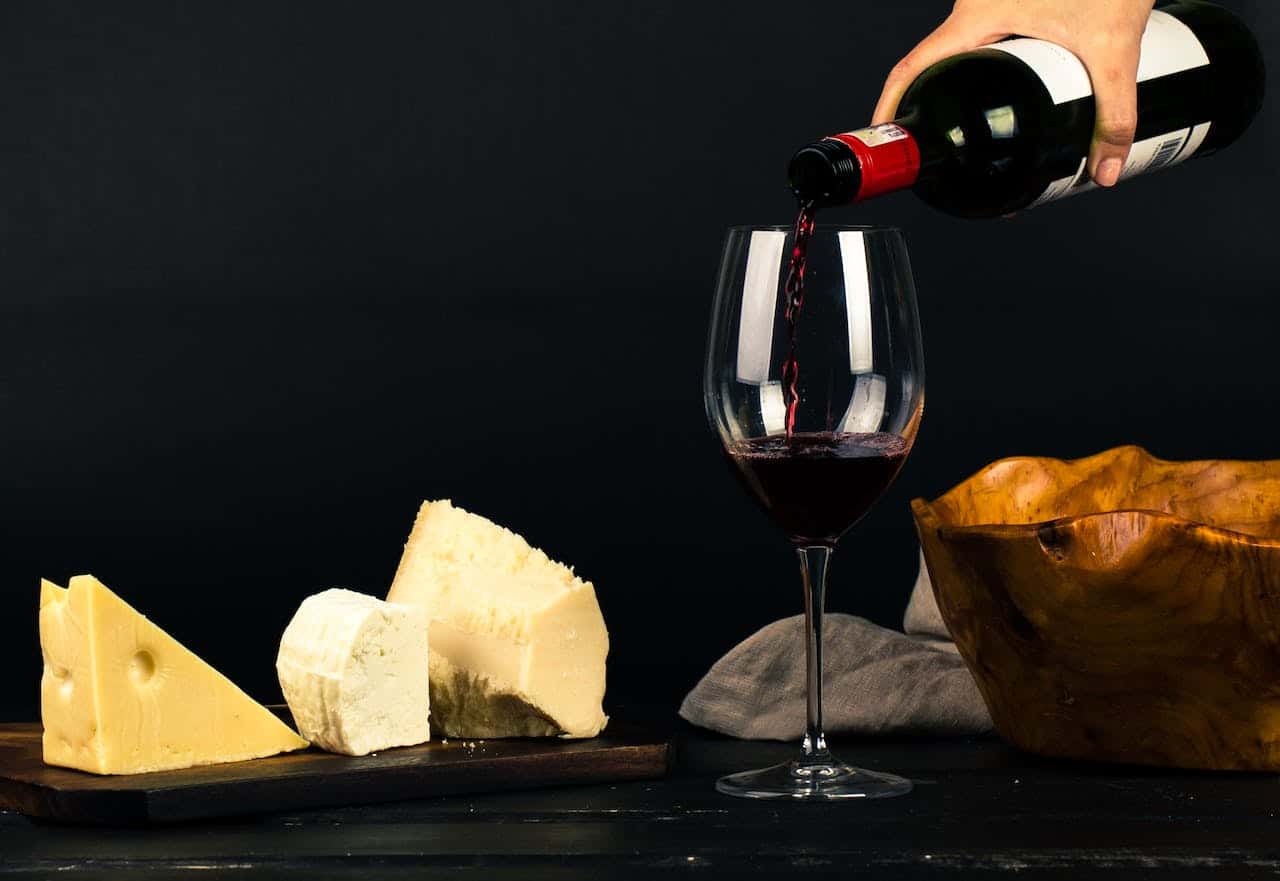The Basics of Wine Tasting: Looking, Smelling, and Tasting Like a Pro
So you want to become a wine expert, huh? You’ve come to the right place. Wine tasting at a venue in St Louis Park, MN seems like this mysterious art form only meant for the elite, but we’re here to demystify it for you. Anyone can learn how to taste wine like a pro and unlock a whole new world of flavors and aromas. All it takes is a curious mind, patience, and awakening your senses.
In this beginner’s guide, you’ll learn the basics of wine tasting, from properly examining the color and clarity to detecting complex notes on the nose and palate. We’ll walk you through the major types of wine, how to read a wine label, and how to describe what you’re tasting with confidence. By the end of this, you’ll feel equipped to analyze and enjoy any glass of wine that comes your way. Your palate will blossom, and you’ll gain a deep appreciation for the craft and artistry that goes into every bottle.
So pour yourself a glass, and let’s get started. The wonderful world of wine awaits!
How to Train Your Nose and Palate to Detect Subtle Flavors and Aromas
To become a wine-tasting pro, you need to engage all your senses. First, check the color and clarity. Hold the glass up to a white background and notice the hue. Is it pale yellow, gold, or amber? Check for sediment too. Then, swirl and sniff. Stick your nose in the glass and inhale deeply. You may detect notes of citrus, berries, vanilla or oak. The more you practice, the more your nose will recognize.
Next, take a sip and swish it around your mouth. Pay attention to the initial taste, the mid-palate, and the finish. Does it taste like the aromas you detected? Do you notice sweetness, acidity, tannins or oak? The mid-palate refers to the main flavors, while the finish refers to the lingering aftertaste. The length of the finish indicates quality.
As you sip, think about the structure and balance. A balanced wine has elements of sweetness, acidity, tannin, and alcohol in harmony. An unbalanced wine will have one element overpowering the others.
Describing what you perceive is key to sharpening your palate. Keep a tasting notebook and record your impressions of each wine. Compare with the official tasting notes to see how your observations change over time. Don’t be intimidated by the terminology — focus on detecting aromas and flavors you personally recognize.
With regular practice, you’ll gain confidence in your ability to analyze and appreciate the nuances of wine. And you’ll discover a whole new dimension of enjoyment in every glass!
Tips for Hosting Your Own Wine Tasting Party at Home
To become an expert wine taster, you need to train your senses to detect the subtle flavors and aromas in wine. With practice, you’ll be decoding bouquets like a pro in no time.
Developing Your Nose
Your nose is key to identifying aromas in wine. Swirl your glass to release the wine’s volatile compounds, then stick your nose in the glass and inhale deeply. Try to pick out individual scents like berries, vanilla, or oak. The more you practice, the better you’ll get at identifying complex aromas.
Training Your Palate
Take a small sip of wine and swish it around your mouth, allowing it to reach all your taste buds. Pay attention to the wine’s body or texture, like whether it feels light, medium or full. Also note the wine’s acidity or tartness. An acidic wine will make your mouth water.
Focus on the flavor of the wine. Is it fruity like cherries or citrus? Savory like herbs or spice? Oaky from barrel aging? The wine’s flavor comes from a combination of tastes and aromas, so try to identify as many distinct notes as possible.
With regular tasting, you’ll get better at detecting subtle flavors and picking out the nuances that make each wine unique. Keep a tasting notebook to record your experiences. Comparing notes from different wines and vintages is a great way to benchmark your progress as a budding wine connoisseur.
Pretty soon, you’ll be swirling, sniffing, and sipping with confidence at any tasting! Keep practicing and refining your senses – the world of wine awaits.




